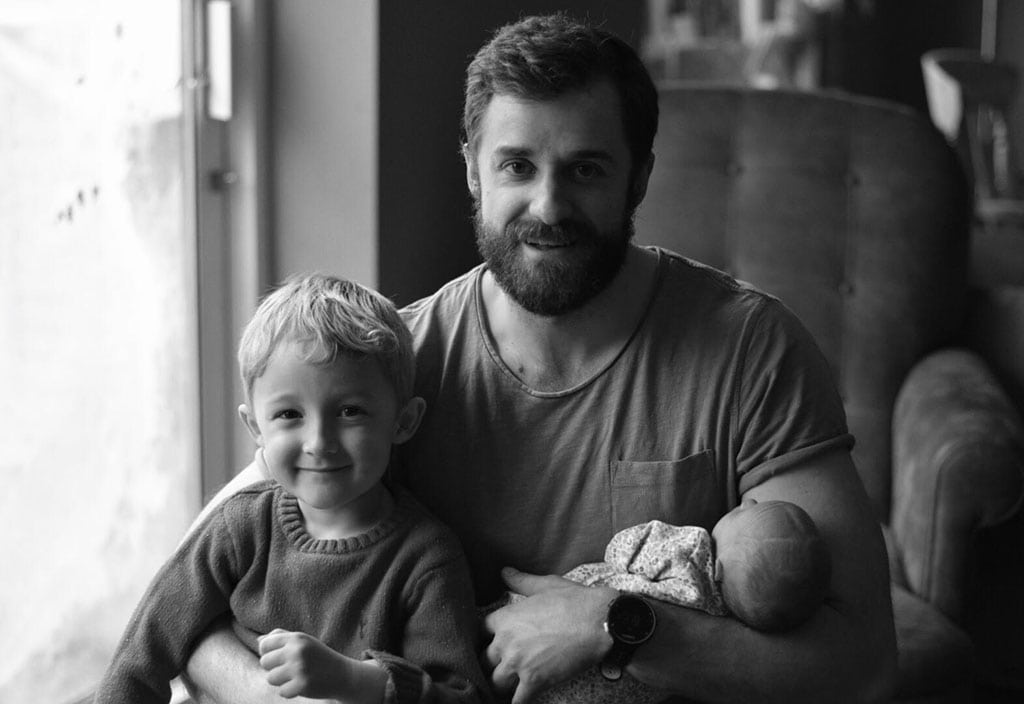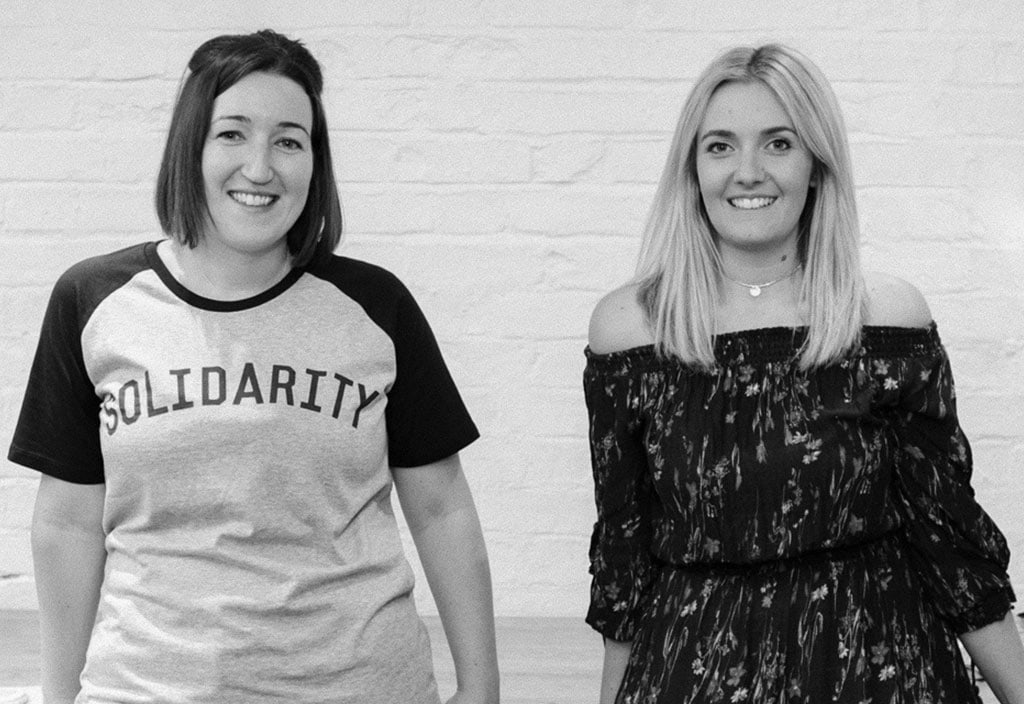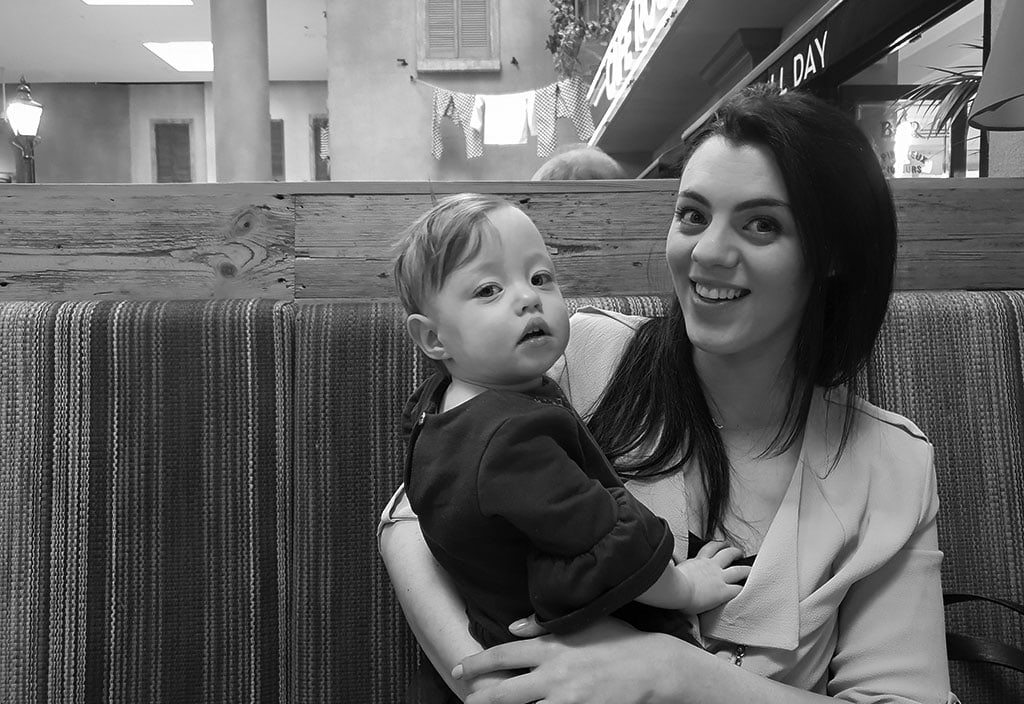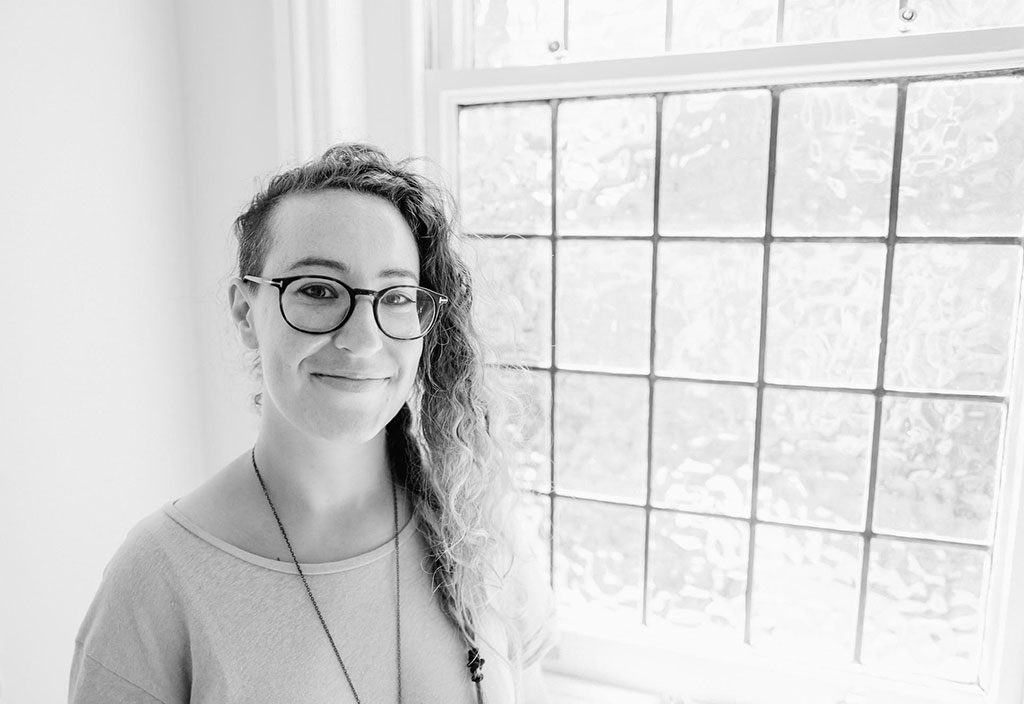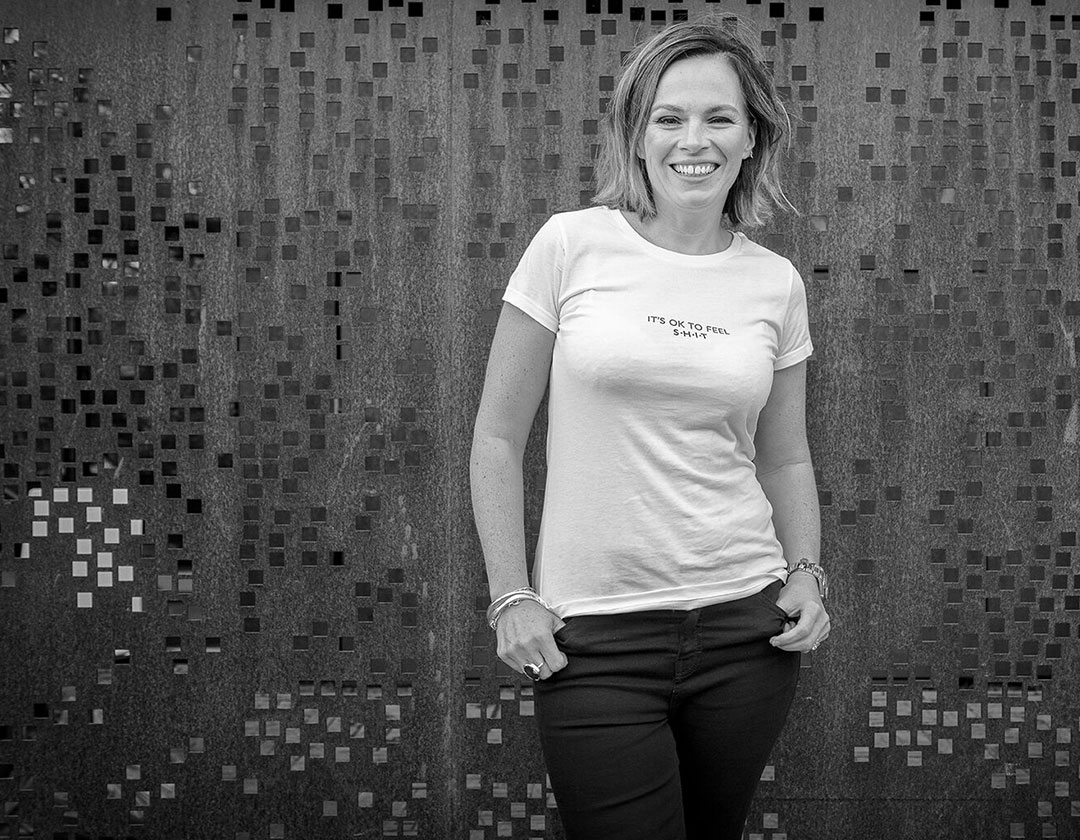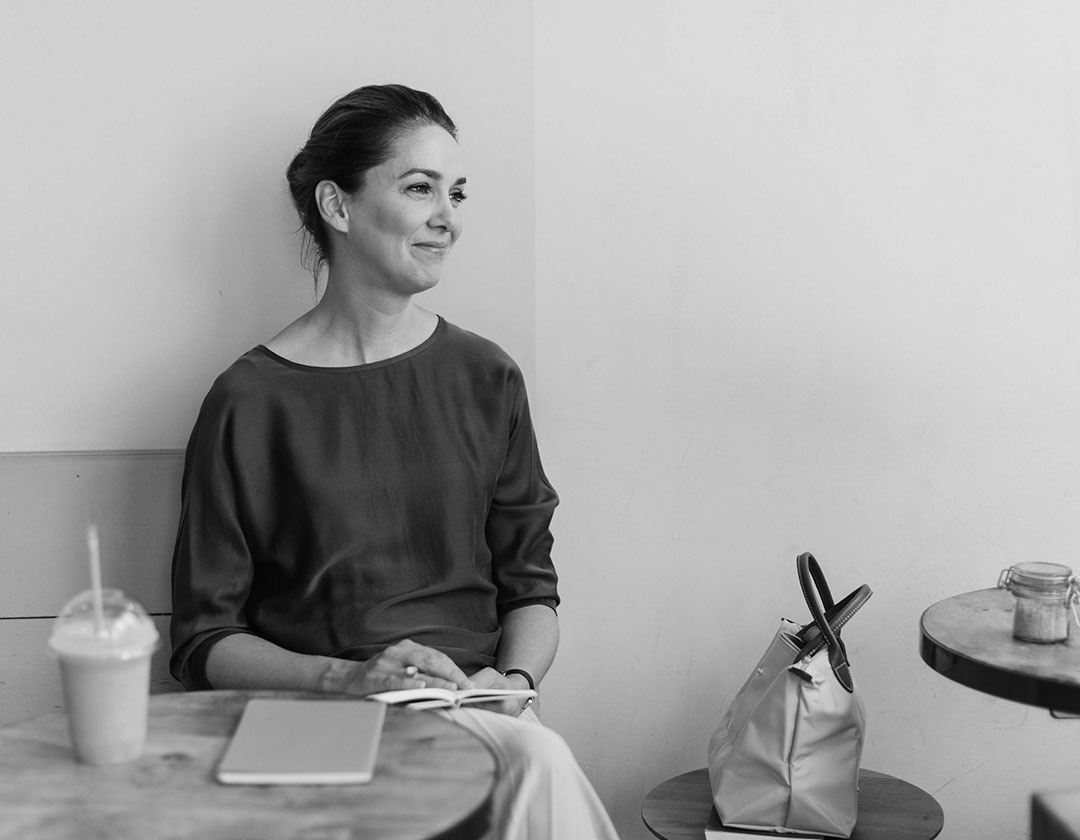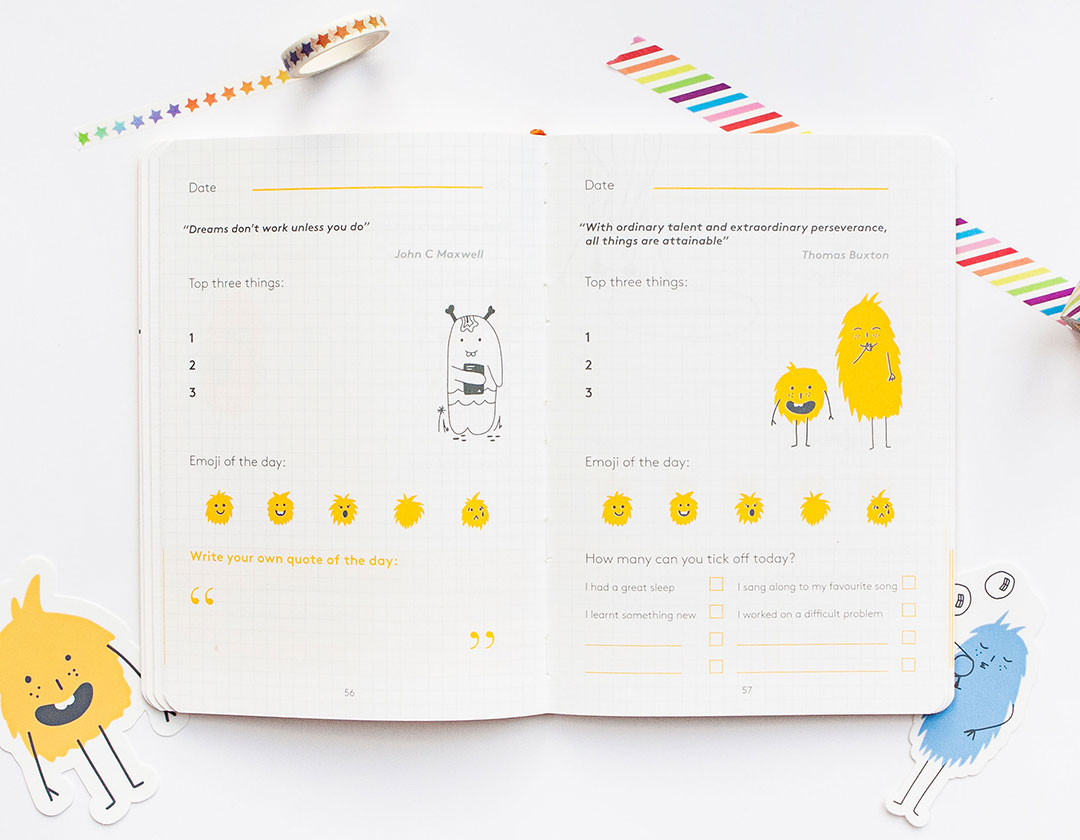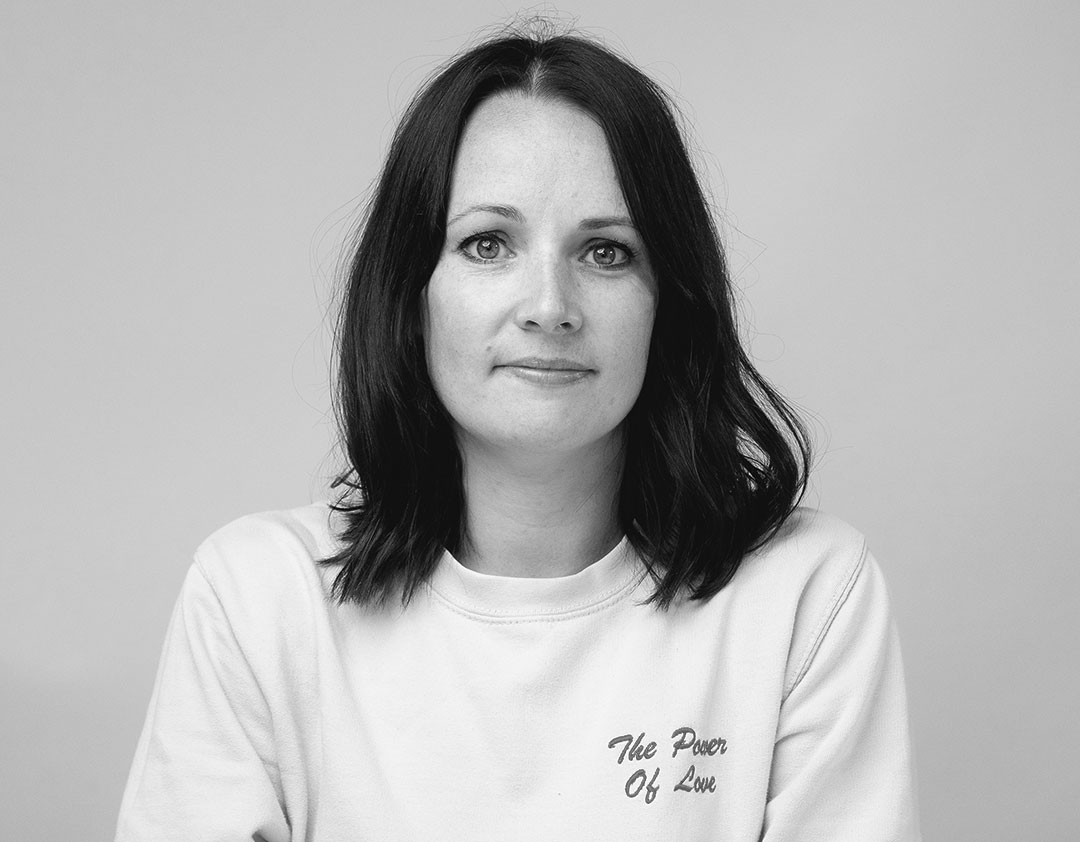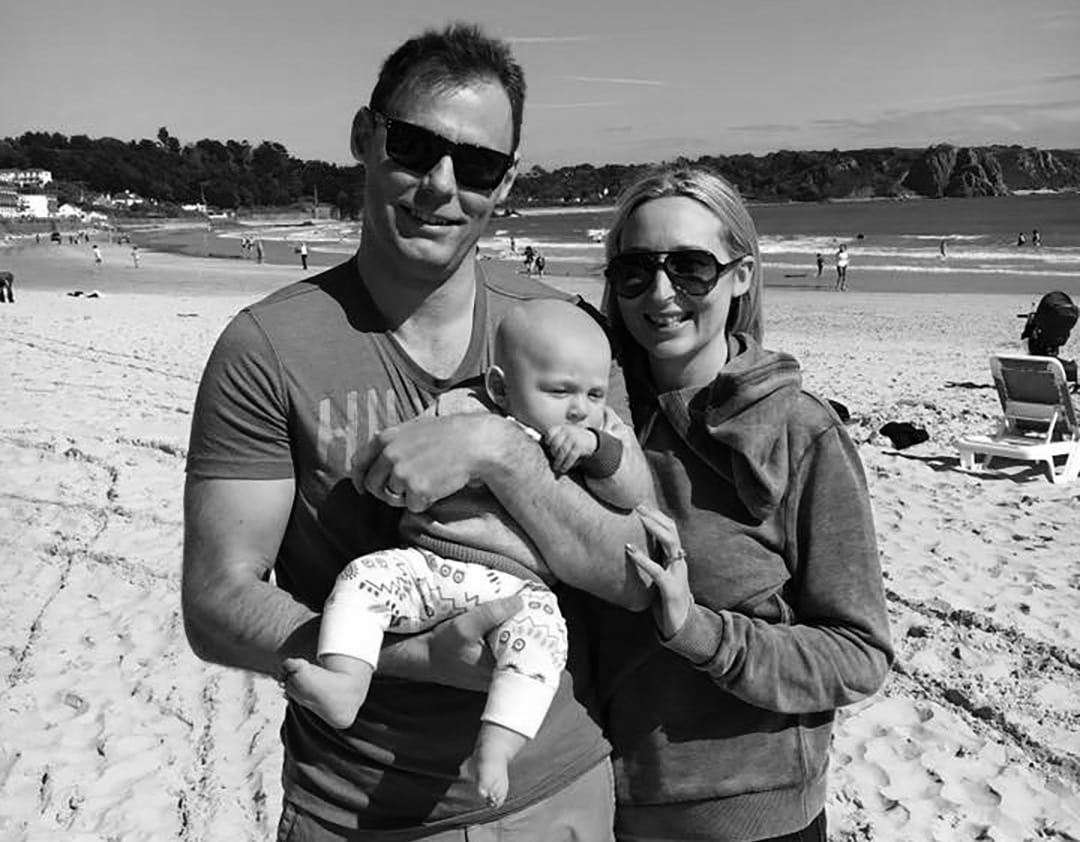The last in our series of self-care posts for #thebigselfcareshare is with Jamie Berman, a certified life and health coach who specialises in helping women with Polycystic Ovarian Syndrome (PCOS) lose weight. I first connected with Jamie on Instagram after experiencing PCOS symptoms and found her story entirely relatable. Here, I get the low down on her approach to self-care.
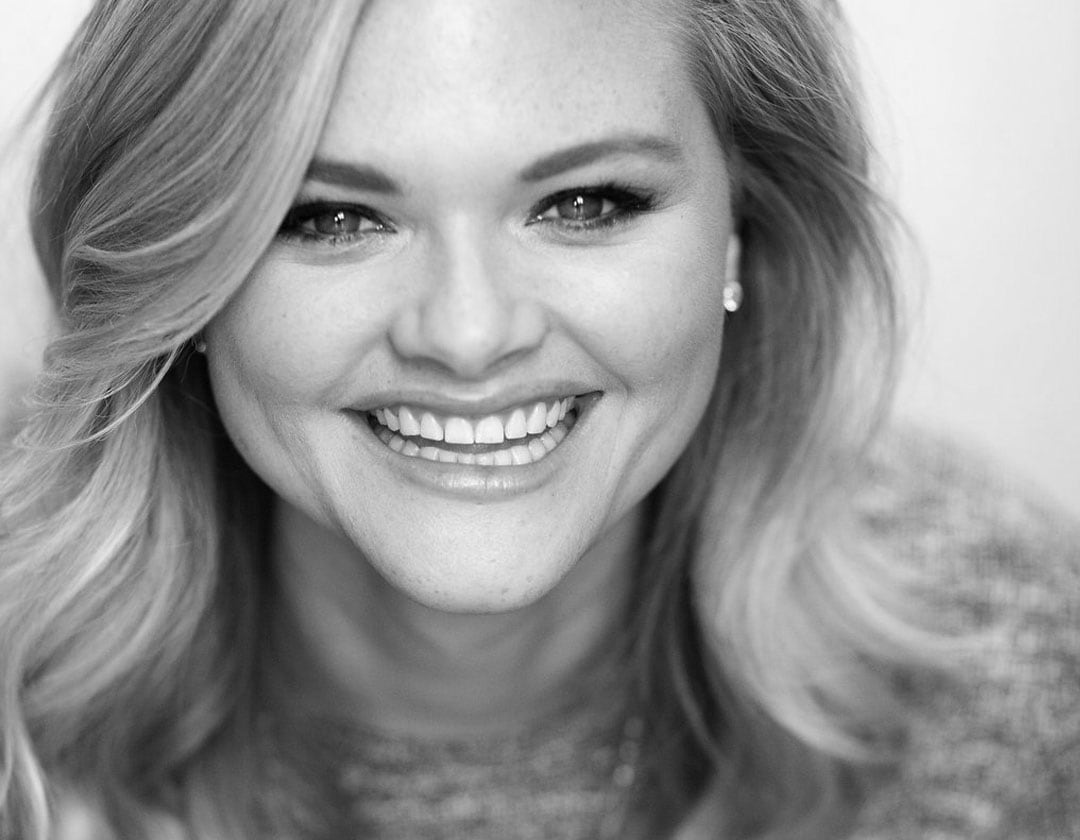
Tell us about yourself.
I work with women on fine-tuning hormone health and nutrition to optimize weight loss and well-being. I merge diet with the development of self-love and body positivity, which lead to transformative changes and permanent results. Through my own experiences and those of my clients, I’ve seen first-hand how mindset is often the missing piece of the wellness puzzle.
I healed my body image and have remained committed to choosing foods that nourish.
Becoming the healthiest version of myself has been a journey. I struggled for over 20 years with PCOS and my body image. Today, I am 45 pounds lighter with minimal symptoms. Through my coaching studies and certification, and extensive personal research into PCOS and insulin resistance, I healed my body image and have remained committed to choosing foods that nourish. Now, I share what I’ve learned with others who are struggling—enabling women everywhere to thrive with PCOS.
What does self-care mean for you?
It’s taking care of myself physically, mentally, and spiritually. Self-care is doing the things that lead to positive results over the long-term, even if it feels uncomfortable in the short-term. For example, turning down foods that don’t nourish my body when everyone around me is eating them. Or meditating in the morning even if I don’t feel like it. Self-care allows me to be the best version of myself. It helps me to show up for myself every day no matter what!
Tell me, what inspired you to become a PCOS coach?
My own struggle with PCOS is what drew me to coaching. I was overweight and had a terrible relationship with my body, and with food, so I turned to a coach to help me. Once I realized that so much of my suffering was created in my own mind, I was finally able to see exactly what was keeping me stuck. I did a ton of mindset work and experienced incredible transformation through this process, losing 45 pounds, feeling better than ever, and finally healing my relationship with my body and food.
I decided that getting certified as a life coach would allow me to help women get to the bottom of WHY they’re struggling.
Since I was already certified as a holistic health coach and had understood hormones and PCOS, I decided that getting certified as a life coach would allow me to help women get to the bottom of WHY they’re struggling, so I went to the Life Coach School. Now I help women lose weight by educating them about their hormones, and help them understand what foods work best for their bodies, along with the mindset work necessary to make lasting changes.
If you could offer a few quick tips on what to stop doing today for a better tomorrow, what would they be?
Stop criticizing yourself! Our brain likes to think it motivates us, but it actually does the opposite. Being hard on yourself will never lead to positive results. When you make a mistake or mess up, just get curious. Use it as an opportunity to learn more about yourself.
Do you have a resource you could share for anyone struggling with PCOS, something simple to set them on the path to wellness?
I have a free 5-Step Guide to Losing Weight with PCOS that’s different from any “diet plan” out there. You can grab the free guide on my website.
–
Thank you so much for your valuable contribution to#thebigselfcareshare, Jamie, and for reminding us that showing up each day can help us make big changes. You can find out more about Jamie and her business at:
Instagram: www.instagram.com/thepcoscoach/
Facebook: www.facebook.com/thepcoscoach/
And visit her website: www.thepcoscoach.com/

